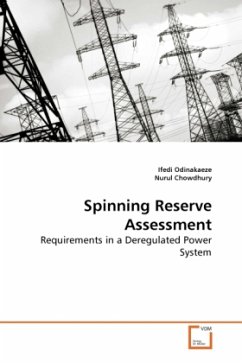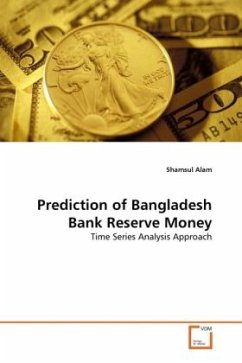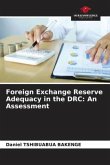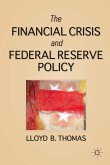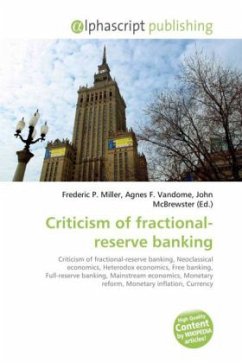The result of electric power deregulation is the creation of a 'power market' where generators compete with each other to sell their energy to the Independent System Operators. Spinning reserve (SR) as one of the ancillary services in a deregulated system are on-line ready generating units that can respond to loads in a matter of seconds during contingencies. The cost of scheduling SR and the cost of reliability loss are two major factors that are considered in making decisions of whether to schedule SR or not. This book presents the load forecast uncertainty (LFU)-based SR assessment (LSRA) technique for a deregulated system. The technique, along with the effects of load forecast uncertainty, energy prices of SR and spot market and the reloading up and down limits of the generating zones on the SR requirements are analyzed by different graphs using a computer simulation of the technique incorporating test systems with and without transmission loss. This analysis goes a long way to help system operators, power systems engineers and energy marketers in understanding the complexities of assessing SR economically and reliably in today's energy market where cost is a major driver.

